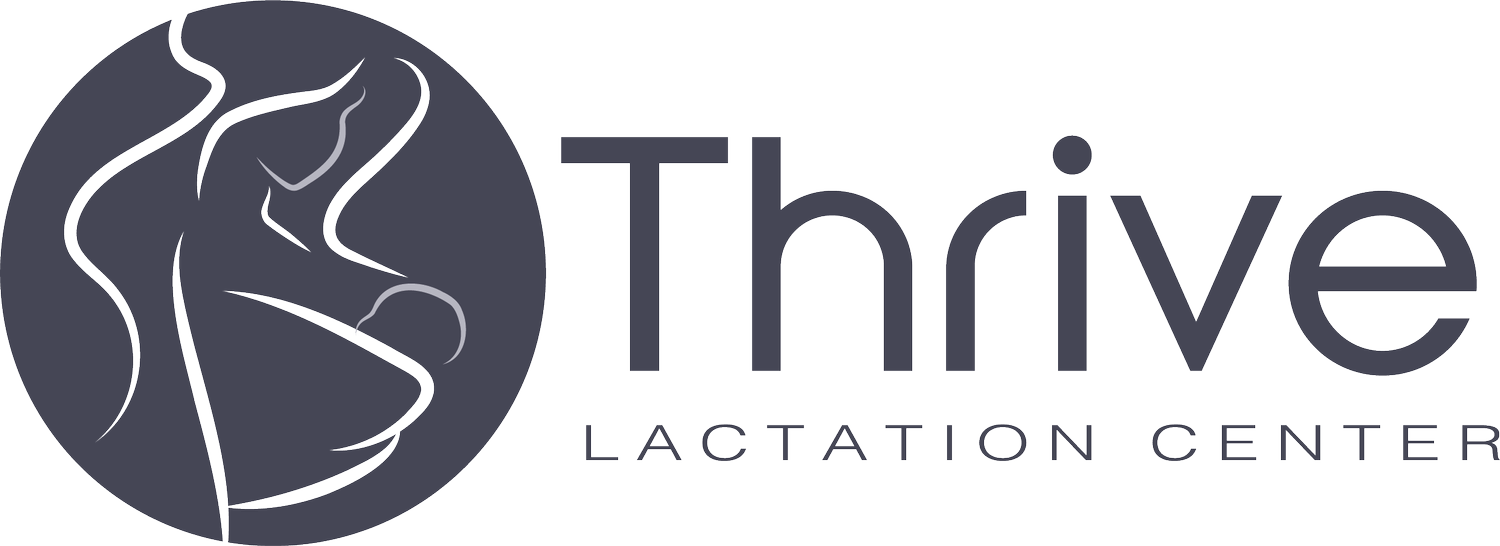Foods to Avoid While Breastfeeding
Breastfeeding is a vital part of early motherhood, providing essential nutrients and antibodies to your baby. While it’s important to maintain a balanced and nutritious diet, there are certain foods that breastfeeding mothers should avoid or consume with caution. Here’s a guide to help you navigate your dietary choices during this crucial period.
1. Caffeine
Caffeine can pass through breast milk to your baby and may cause irritability, sleep disturbances, and fussiness. Limit your intake of coffee, tea, chocolate, and caffeinated sodas. Instead, opt for decaffeinated or caffeine-free alternatives when possible.
2. Alcohol
Alcohol consumption can negatively impact your baby’s development and sleep patterns. If you choose to drink, do so sparingly and consider pumping and discarding breast milk for several hours depending on how many drinks you have consumed to ensure it doesn’t reach your baby.
3. Certain Fish
Fish high in mercury, such as swordfish, king mackerel, and tilefish, should be avoided. Mercury can interfere with your baby’s developing nervous system. Opt for low-mercury fish like salmon, trout, and sardines, which are also rich in omega-3 fatty acids beneficial for your baby’s brain development.
4. Spicy Foods
Spicy foods can affect the taste of your breast milk and may cause discomfort or fussiness in your baby. If you notice your baby reacts negatively after you consume spicy foods, consider reducing or eliminating them from your diet.
5. Certain Herbs
Herbs like sage, parsley, and peppermint can decrease milk supply if consumed in large amounts. While culinary amounts are generally safe, avoid consuming them in large quantities or as supplements without consulting a healthcare professional.
6. Gassy Foods
Foods that cause gas in you, such as beans, broccoli, cauliflower, and cabbage, may also cause gas in your baby. Pay attention to your baby’s reactions after you consume these foods and adjust your diet accordingly.
7. Allergens
Common allergens like peanuts, dairy, soy, and wheat can sometimes cause allergic reactions in breastfed babies. If your baby shows signs of an allergy, such as rashes, eczema, or digestive issues such as green mucous stools, try eliminating these foods one at a time to identify the culprit. Contact your lactation consultant to come up with a plan for an elimination diet.
8. Artificial Additives
Foods with artificial additives, preservatives, and high levels of sugar should be limited. These can affect your baby’s health and may lead to hyperactivity or other behavioral issues. Choose whole, unprocessed foods whenever possible.
Tips for a Healthy Breastfeeding Diet
Stay Hydrated: Drink plenty of water to maintain your milk supply.
Balanced Nutrition: Eat a variety of fruits, vegetables, whole grains, lean proteins, and healthy fats.
Listen to Your Body: Pay attention to how different foods affect both you and your baby and adjust your diet as needed.
Consult a Professional: Always consult with a healthcare provider or a lactation consultant if you have concerns about your diet or your baby’s reactions to certain foods.
Conclusion
Maintaining a healthy and balanced diet while breastfeeding is essential for both you and your baby. By being mindful of the foods you consume and observing your baby’s reactions, you can ensure a positive breastfeeding experience. Remember, every baby is different, so what works for one may not work for another. Trust your instincts and seek professional advice when needed.
Breastfeeding is a wonderful journey, and a healthy diet is key to making it a successful and enjoyable experience for both you and your baby.

